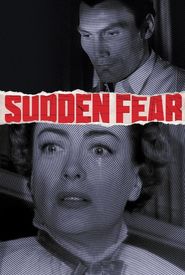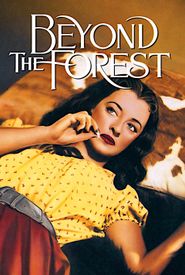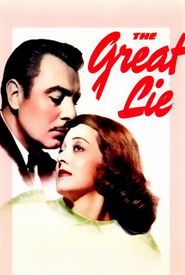Novelist and screenwriter, educated at Dominican College in San Rafael, California, where her passion for filmmaking was first ignited. As a youth, she was an avid movie enthusiast, inspired to pursue a career in the industry after responding to an advertising campaign launched by actress Clara Kimball Young, who was seeking talented writers to create original screenplays. Coffee's big break came when she won a competition and sold her screenplay for "The Better Wife" (1919) to Young for a mere $100. This initial success led to a one-year Hollywood contract, during which she honed her skills by devising title cards and collaborating on adaptations from original material, primarily for romantic melodramas.
By the late 1920s, Coffee had established herself as a sought-after "script doctor," renowned for her ability to temper maudlin sentimentality with humor or wit. Her talent for crafting engaging stories and characters earned her a coveted contract with MGM, which she held from 1929 to 1936. However, a salary dispute led to her departure from the studio in 1937, and she subsequently joined Warner Brothers, where she remained until 1944.
Throughout her illustrious career, Coffee shared writing credits with renowned directors and actors, including the iconic Bette Davis. Her collaborations with Davis resulted in the box-office successes "The Great Lie" (1941) and "Old Acquaintance" (1943). Although her output in the 1950s was less notable, she still managed to produce hits like the suspense thriller "Sudden Fear" (1952) and the musical romance "Young at Heart" (1954).
Coffee's personal life was marked by a long-term marriage to novelist William J. Cowen, whom she met while working on the script for "The Volga Boatman" (1926) for Cecil B. DeMille. Cowen was one of DeMille's assistants, and the couple's union lasted for many years. In the 1970s, Coffee retired to England, where she penned her memoirs, "Reflections of a Hollywood Screenwriter," in 1973.





















































